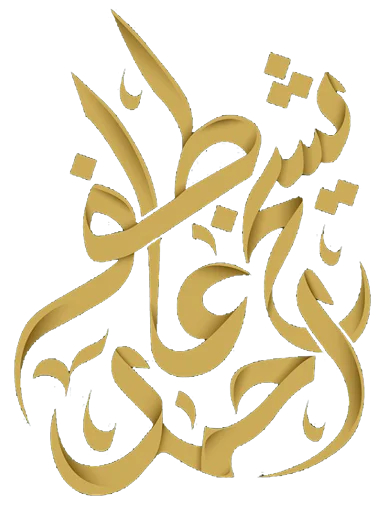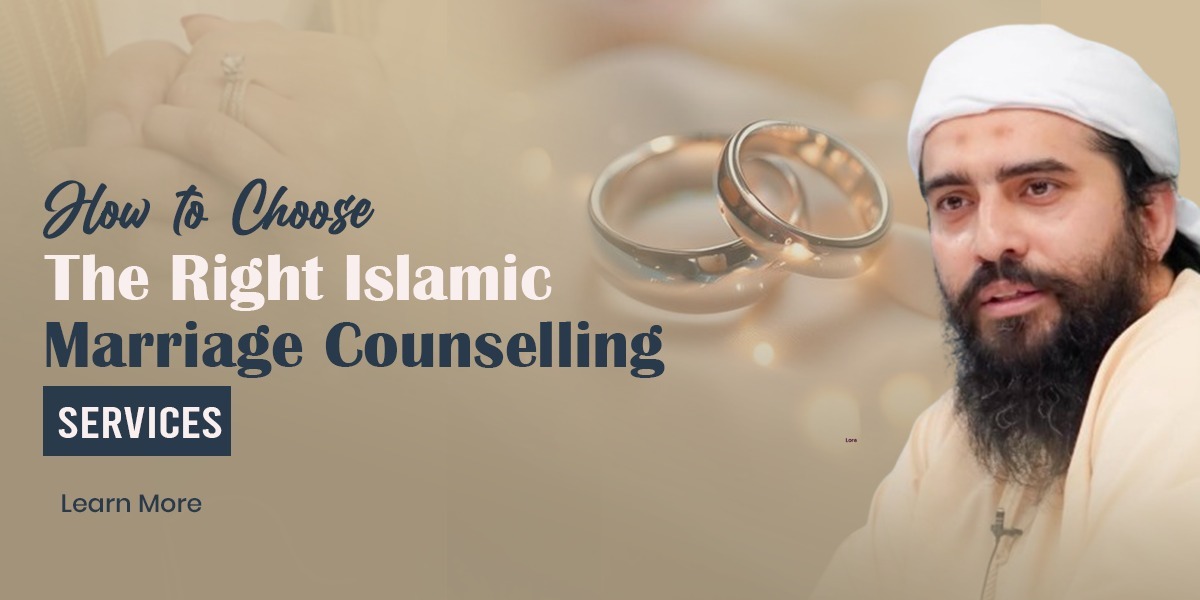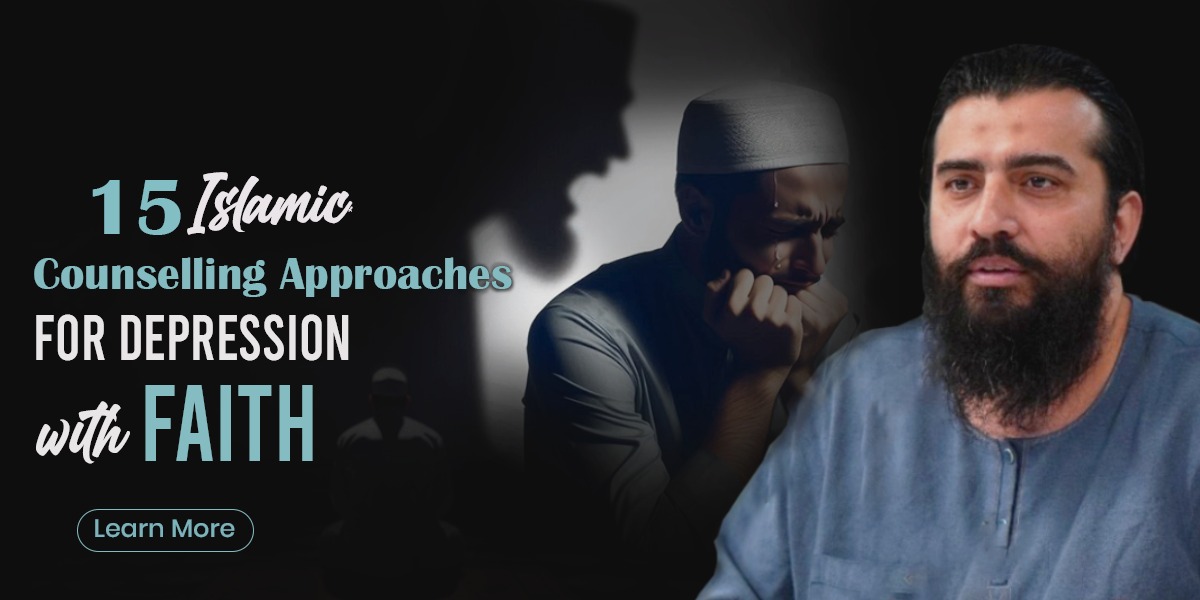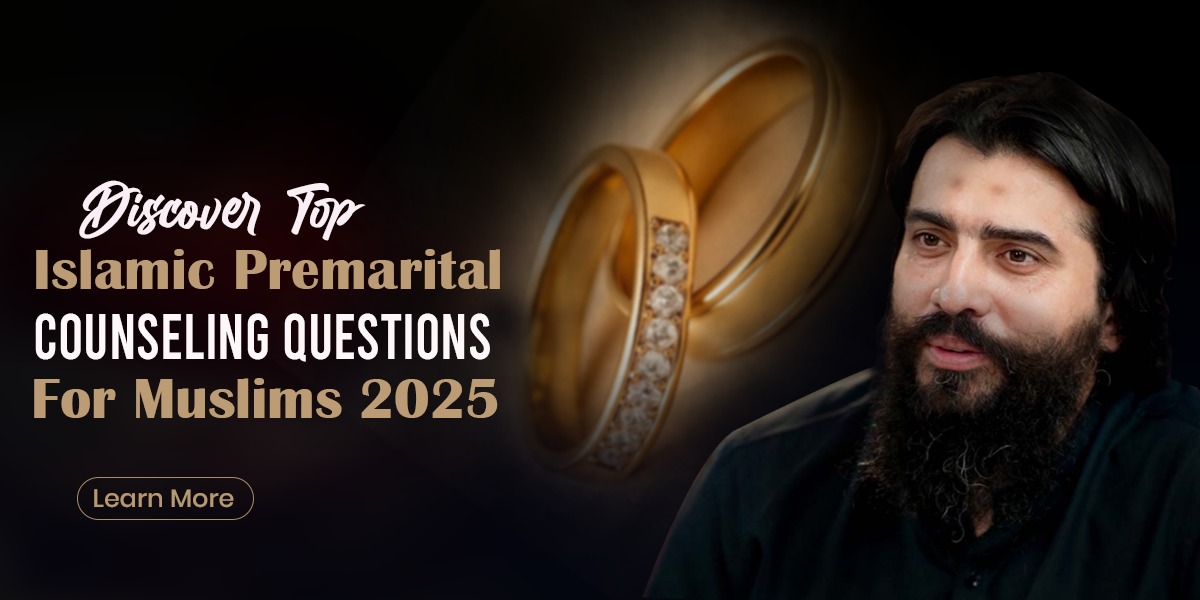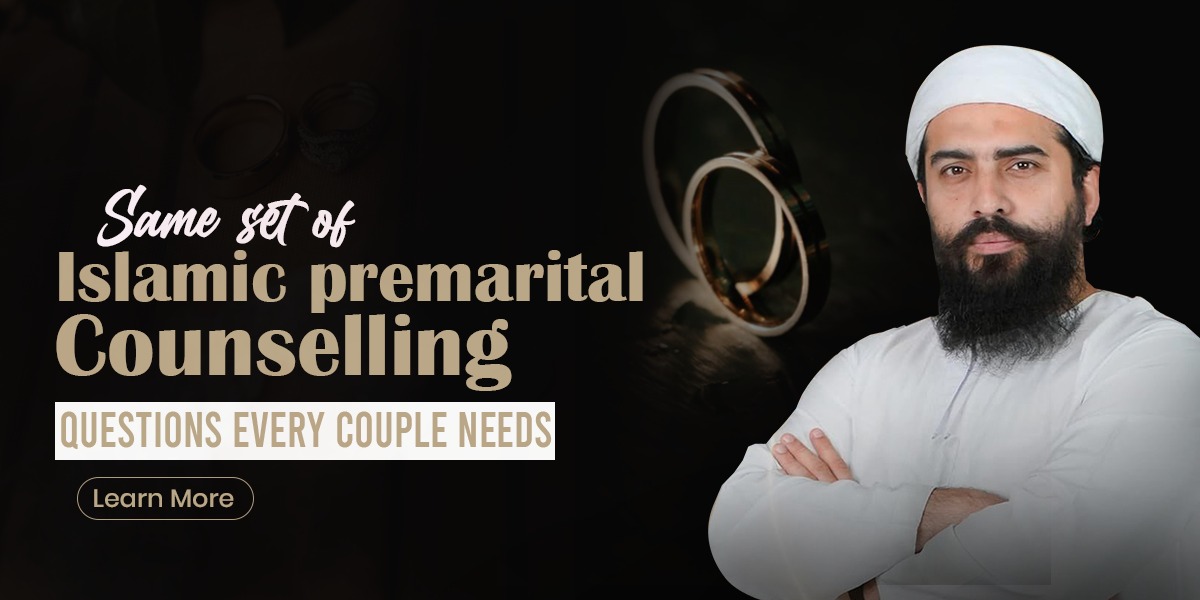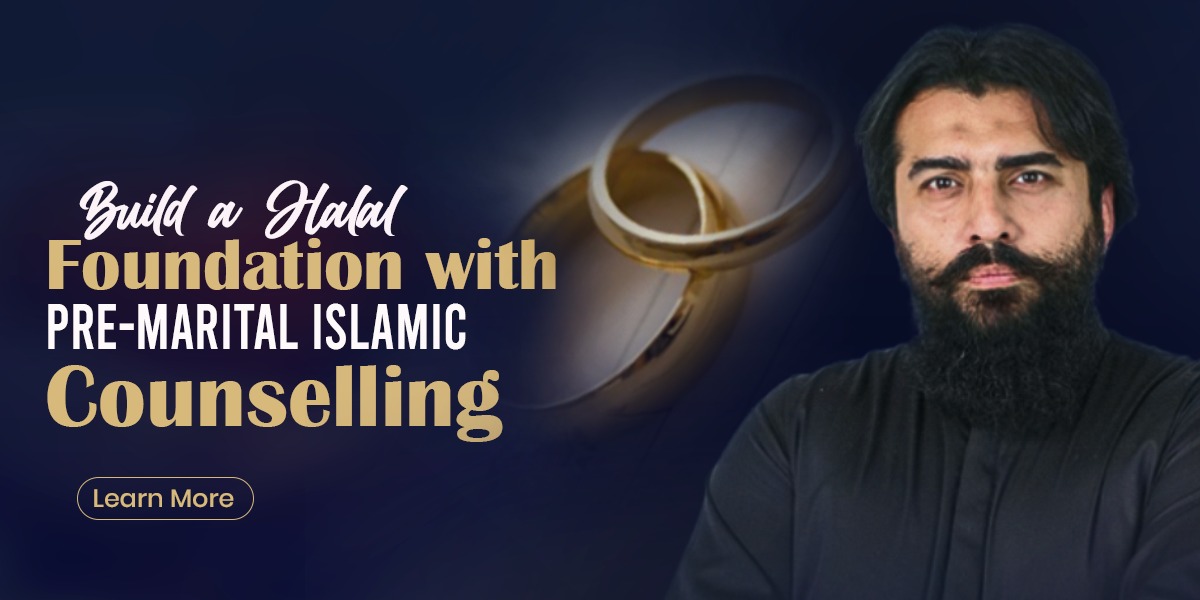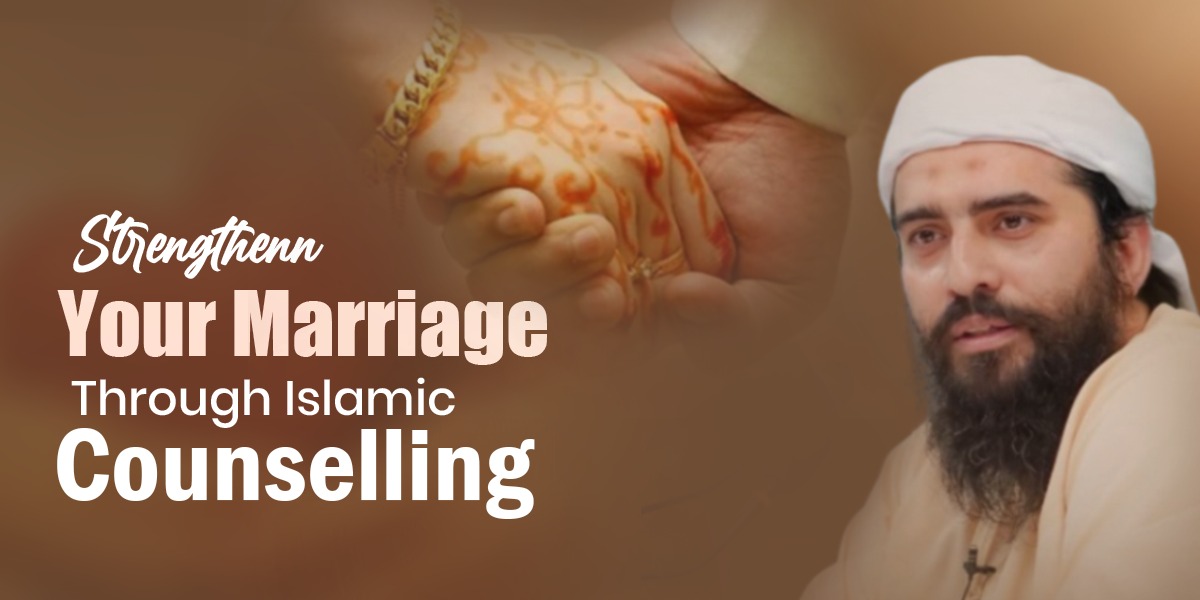Marriage in Islam is More Than a Contract
In Islam, marriage is a sacred covenant, not just a civil agreement. It is a profoundly spiritual union rooted in mutual love, mercy, and accountability before Allah. The Qur’an beautifully describes this relationship:
“And among His signs is this: that He created for you spouses from among yourselves so that you may find tranquility in them, and He has placed between you affection and mercy.”
(Surah Ar-Rum 30:21)
This verse highlights that tranquility, affection, and compassion are essential elements of a healthy Islamic marriage. When challenges arise, seeking guidance is not a sign of weakness but an act of wisdom, especially when that support is grounded in both Islamic values and psychological insight.
What Makes Islamic Marriage Counselling Different from Regular Therapy?
Islamic marriage counselling is a holistic approach that integrates Qur’anic teachings, Prophetic wisdom, and contemporary therapeutic practices. It is tailored to address the emotional and spiritual needs of Muslim couples in a way that honors their faith.
Here are the core aspects that make it unique:
- Faith-Centered Guidance: Qur’anic verses and Hadith are used to help couples realign their relationship with divine principles. It includes reflections on mutual rights, the ethics of disagreement, and the role of mercy and forgiveness in marital life.
- Shariah-Compliant Structure: Counsellors who specialize in Islamic relationship counselling respect Islamic boundaries such as modesty, confidentiality, and gender interaction. Female clients may request a female therapist, and some providers offer couples sessions with both male and female professionals.
- Dual Focus on Emotional and Spiritual Wellness: A qualified Islamic counsellor provides tools to strengthen emotional connection while also nurturing spiritual growth. This includes strategies such as praying together as a couple, setting shared goals rooted in Islamic purpose, and resolving issues with patience and empathy.
This form of counselling is not simply about resolving conflict. It is about rediscovering the more profound spiritual connection between spouses.
Why Counselling is Not a Last Resort
Too often, couples wait until the marriage is on the brink before seeking help. In Islam, however, consulting others for advice and support is encouraged, not discouraged. Even the Prophet Muhammad ﷺ emphasized the importance of consultation (shura) and seeking wise counsel in matters of significance.
“The most perfect of believers in faith are those best in character, and the best of you are those who are best to their wives.”
(Tirmidhi)
A qualified Islamic counsellor can help spouses:
- Rebuild trust and affection
- Improve communication skills
- Navigate cultural or family pressure
- Set spiritual and life goals together
- Address sensitive topics like intimacy or finances with discretion and faith
Real Experience: A Couple Finds Light After Years of Darkness
Consider the experience of Amal and Yusuf, who had been married for over a decade. Miscommunication and emotional distance had created a growing rift. Amal felt unseen, while Yusuf felt unappreciated. After trying to manage things privately for years, they finally reached out to a faith-based relationship counsellor.
Through Qur’an-centered sessions, they learned to listen without judgment, express needs with compassion, and rekindle their love through spiritual connection. Within three months, their home became a place of peace once again.
This is the kind of transformation that Islamic marriage counselling makes possible.
Why This Matters for Your Journey
Choosing to seek Islamic marriage support is a brave and hopeful decision. It shows your commitment to building not just a peaceful home, but a marriage that is pleasing to Allah and emotionally fulfilling.
If your relationship is feeling strained, disconnected, or unclear, know that healing is possible. And with the right counsellor, it can begin in a way that feels safe, respectful, and guided by divine wisdom.
What to Look for in a Counsellor
Finding the right Islamic marriage counsellor is not just about credentials on paper. It’s about trusting someone with your heart, your faith, and your future. Below is a step-by-step guide to what you should look for spiritually, professionally, and emotionally when choosing your ideal support partner.
Islamic Credentials: A Foundation of Faith and Knowledge
Your counsellor should not only understand Islamic principles but also be able to apply them meaningfully within a counselling context. Look for:
- Formal Islamic Education: Degrees or certifications from respected Islamic institutions, such as Al-Azhar, International Islamic University Malaysia (IIUM), or recognized UK bodies like Markfield Institute of Higher Education.
- Ijāzah or Specialized Study: Particularly in Qur’an, Hadith, and Fiqh related to family life. They should be able to contextualize issues such as mawaddah (affection), rahmah (mercy), nushuz (conflict), and reconciliation within the context of marriage.
- Real Application: A counsellor who can explain what the Prophet ﷺ said about handling disagreements, or how verses like Surah An-Nisa or Surah Al-Baqarah apply to your situation, shows spiritual depth and practical relevance.
Tip: Don’t hesitate to ask how they integrate Islam into the therapeutic process; it’s your right to know.
Counselling Experience: Real-World Wisdom Across Cultures
Experience counts especially with the diversity within the Muslim ummah. Look for:
- Hands-On Experience with Muslim Couples: Ask how many couples they’ve worked with and whether they’ve handled intercultural, intergenerational, or faith-based conflicts.
- Comfort with All Stages of Marriage: Whether you’re newlywed or 20 years in, they should understand the unique challenges of both premarital and postmarital dynamics.
- Experience Navigating Islamic Issues: From questions about intimacy, parenting, and polygamy to dealing with in-laws or financial pressure, Islamic insight matters.
Ethical Practices: Trust, Boundaries, and Halal Integrity
Marriage counselling involves deep vulnerability. Trust starts with ethical professionalism.
- Clear Confidentiality Policies: Ensure sessions are private, thoroughly documented, and stored securely. There should be clear boundaries on disclosure and no conflict of interest.
- Halal Payment Structures: Transparent pricing, no hidden fees, and ethically sound options like Zakat-compliant services or Islamic instalment plans.
- Gender Sensitivity: For some couples, male–female pair counselling works best. Others prefer a single-gender therapist. The right provider will accommodate your values without judgment.
Personal Compatibility: The Human Side of Healing
Beyond credentials, you need someone you feel safe with, someone who sees your pain, honors your faith, and listens without ego.
- Empathy and Warmth: Do they validate your emotions without minimizing your faith? Are they respectful and gentle, even in tough discussions?
- Cultural Intelligence: Do they understand your ethnic or linguistic background? Can they navigate topics like extended family pressure or community reputation with care?
- Free Discovery Call: Many top-tier counsellors now offer a free 15-minute call. This is your chance to ask questions, sense their vibe, and feel out the chemistry.
Remember: Counselling is a partnership. If the energy doesn’t feel right, trust your instinct and explore other options.
What to Ask & What to Avoid
Choosing the right Islamic marriage counsellor is a profoundly personal step. A discovery call is your opportunity to ask honest questions, gauge the tone of the sessions, and assess whether the approach aligns with your faith and needs.
This section is divided into two parts: what to ask during your initial interaction, and warning signs that indicate a poor fit.
A. Questions to Ask Before You Commit
Before booking your first session, consider asking these essential questions to ensure a smooth experience. They’ll help you understand the counsellor’s approach and ensure they’re the right fit for your relationship and values.
- What Islamic and counselling qualifications do you hold?
Look for specifics. Do they hold an ijāzah or formal study in Islamic sciences? Are they licensed or certified by recognized mental health organizations? - What is your method? How do you balance religious advice with therapy?
A strong counselor will be able to explain how they integrate Qur’anic principles, Prophetic wisdom, and evidence-based therapy in a respectful and tailored way. - How do you protect client privacy (online and in-person)?
They should explain how your session details, documents, and communications are kept confidential and securely stored. - Have you helped couples with similar situations?
Whether it’s miscommunication, in-law stress, intimacy struggles, or interfaith issues, ask if they have relevant experience with cases like yours. - What are your fees, session structure, and do you offer packages?
Get clarity on pricing, duration of each session (typically 50–60 minutes), and whether they offer bundles or discounts for ongoing support.
Tip: If you feel comfortable, also ask whether they offer female or male counselor options or couple sessions with dual facilitation.
B. Red Flags to Avoid: When to Walk Away
Not every service claiming to offer “Islamic counselling” meets professional or ethical standards. Keep an eye out for these red flags:
- Unverified or vague credentials
If they avoid sharing their qualifications or don’t list them publicly, that’s a warning sign. Transparency fosters trust, whereas vagueness erodes it. - Pushy sales tactics
You should never feel pressured to sign up for an expensive package right away. A genuine counsellor will focus on your needs, not on making a sale. - No clear privacy or refund policy
If their site or consultation call skips over confidentiality or cancellation terms, be cautious. These are standard practices for any reputable service. - Sessions that feel judgmental, preachy, or overly generic
Counselling is not a khutbah. If the tone feels like a lecture or lacks understanding of your unique experience, it may not be the right fit.
“And consult them in matters. Then, when you have made a decision, put your trust in Allah.”
Surah Aal Imran (3:159)
Trusted Islamic Marriage Counselling Services
Finding a counsellor who respects both your faith and your emotional needs is essential. Below are five respected Islamic marriage counselling providers. Each brings a unique blend of spiritual insight and professional care. We recommend exploring a few and scheduling a discovery call to find your best fit.
Shaykh Atif Ahmad – Deeply Rooted, Spiritually Grounded
Shaykh Atif Ahmad’s Marriage Counseling Services
Shaykh Atif Ahmad is one of the most trusted names in Islamic counselling today. With ijāzah in Hadith and years of experience working with Muslim couples globally, his approach is steeped in Qur’anic wisdom and practical guidance.
- Offers personalized Qur’anic reflection exercises and actionable steps.
- Conducts sessions online for flexible global access.
- Compassionate, spiritually aligned, and non-judgmental support.
For those seeking depth and sincere spiritual restoration, Shaykh Atif’s work stands above.
Ihsan Coaching
Explore Ihsan Coaching’s Marital Coaching
Ihsan Coaching offers a unique blend of positive psychology and Islamic principles. Ideal for both premarital and post-marital support.
- Practical assessments and guided activities.
- Group coaching options and premarital packages.
- Focused on emotional resilience and mutual growth.
Rahmaa Counselling
View Rahmaa’s Islamic Marriage Counseling
Rahmaa specializes in faith-based family systems therapy, led by trained chaplains familiar with real-life challenges.
- Incorporates spiritual care and counselling techniques.
- Offers app-based tools for follow-up support.
- Tailored for couples navigating long-term family and emotional dynamics.
South Bay NY
Visit South Bay’s Marriage Counselling Page
This center pairs professional therapists with Islamic consultants to ensure that both your emotional and spiritual needs are addressed.
- Balanced team approach.
- Ideal for culturally diverse couples and those with complex challenges.
- Strong record of results in long-term marital health.
Khalil Center
Check Khalil Center’s Premarital & Marriage Services
Khalil Center is known for its pioneering work in Islamic psychology. Their programs combine clinical expertise with Islamic ethics.
- Mindfulness-based programs rooted in Sunnah.
- Sessions are co-led by licensed clinicians and faith leaders.
- Structured, evidence-based models for communication and healing.
Choose the Right Islamic Marriage Counsellor
Choosing the proper support is an act of faith and wisdom. This quick guide will help you navigate your search with clarity and confidence.
1. Renew Your Intention
Start with a sincere niyyah; seeking help is not a sign of weakness, but rather a way to preserve the sacred trust of the nikah.
“And He placed between you love and mercy…” (Qur’an 30:21)
2. Define Your Needs
Are you:
- Preparing for marriage?
- Struggling with conflict?
- Looking to strengthen spiritual connection?
Know what you’re looking for to choose the proper support.
3. Explore Reputable Counsellors
Shortlist trusted, faith-based providers like:
Look for a blend of Islamic knowledge and professional therapy.
4. Ask the Right Questions
Book a free call and ask:
- What are your Islamic and therapy credentials?
- How do you balance faith with counselling?
- What’s your session structure, cost, and privacy policy?
5. Begin, Reflect, and Make Dua
Try 1–2 sessions. Reflect. Make duʿāʾ for barakah and growth.
“Our Lord, grant us from among our spouses comfort to our eyes…” (Qur’an 25:74)
Frequently Asked Questions (FAQ) – Islamic Marriage Counselling
1. What is Islamic marriage counselling?
Islamic marriage counselling blends the wisdom of Qur’anic teachings and Prophetic guidance with modern therapeutic approaches. It aims to support couples in resolving conflicts, improving communication, and strengthening the spiritual bond in marriage. This approach ensures that the counselling aligns with Islamic values, ensuring modesty, privacy, and ethical boundaries.
2. Why should I choose Islamic marriage counselling over regular therapy?
Islamic marriage counselling provides a unique approach by combining spiritual guidance with professional therapy. The emphasis on the Qur’an and Hadith ensures that your marital challenges are addressed in a manner that is respectful of your faith. It focuses not only on emotional well-being but also on strengthening the couple’s spiritual connection and adherence to Islamic principles.
3. Can online Islamic marriage counselling work?
Yes, online counselling can be just as effective as in-person sessions, especially if the counsellor is experienced in working remotely. Many providers, such as Shaykh Atif Ahmad and Ihsan Coaching, offer global online sessions tailored to your schedule and needs, ensuring convenience without compromising the quality of the guidance.
4. How do I know if the counsellor is right for me?
When choosing a counsellor, look for qualifications such as Islamic degrees (ijāzah, as mentioned in the Qur’an or Hadith) and certifications in marriage counselling. Ensure they have experience with Muslim couples and are familiar with both premarital and postmarital needs. Book a free discovery call to gauge compatibility and see if you feel comfortable with their approach.
5. Are there any red flags I should be aware of?
Be cautious if the counsellor:
- Has unverified or vague credentials.
- Pressures you into large packages upfront.
- Lacks clear privacy and refund policies.
- Exhibits a judgmental or preachy tone rather than a compassionate, solution-oriented approach.
6. How much do Islamic marriage counselling services cost?
The cost of Islamic marriage counselling can vary. Some providers, such as Shaykh Atif Ahmad, offer flexible payment options tailored to your needs. It’s essential to confirm the fees and session structure during your initial consultation. Additionally, many providers offer discounts or packages for couples seeking ongoing support.
7. What can I expect from an Islamic marriage counselling session?
In a typical session, you can expect:
- Active listening and confidentiality.
- Practical advice rooted in Islamic teachings.
- Therapeutic tools for improving communication and resolving conflicts.
- Personalized strategies to enhance emotional intimacy and spiritual connection.
8. Can marriage counselling help if we’re not in a crisis?
Absolutely! Marriage counselling isn’t just for resolving crises. It can be incredibly beneficial for couples seeking to strengthen their bond, enhance communication, or navigate life’s transitions. Preventative care in marriage can promote a deeper connection and a stronger foundation for the future.
9. Is it permissible in Islam to seek marriage counselling?
Yes, seeking marriage counselling is not only permissible but encouraged in Islam, as it aligns with the Prophetic guidance to seek solutions when faced with difficulties. The aim is to preserve the sacred covenant of marriage and fulfill the duties towards your spouse in the best way possible.
10. How do I prepare for my first session?
Before your first session, it’s helpful to:
- Reflect on the strengths and challenges of your relationship.
- Set specific goals you’d like to achieve, whether it’s improving communication, resolving conflict, or deepening intimacy.
- Be open to learning and growing together with your spouse in this sacred journey.
11. How do I book a session with an Islamic marriage counsellor?
Booking a session is typically done via the provider’s website, where you can view available services, fees, and schedule an appointment. Some providers, like Shaykh Atif Ahmad, also offer flexible online consultations, making it easier for couples worldwide to access support.
